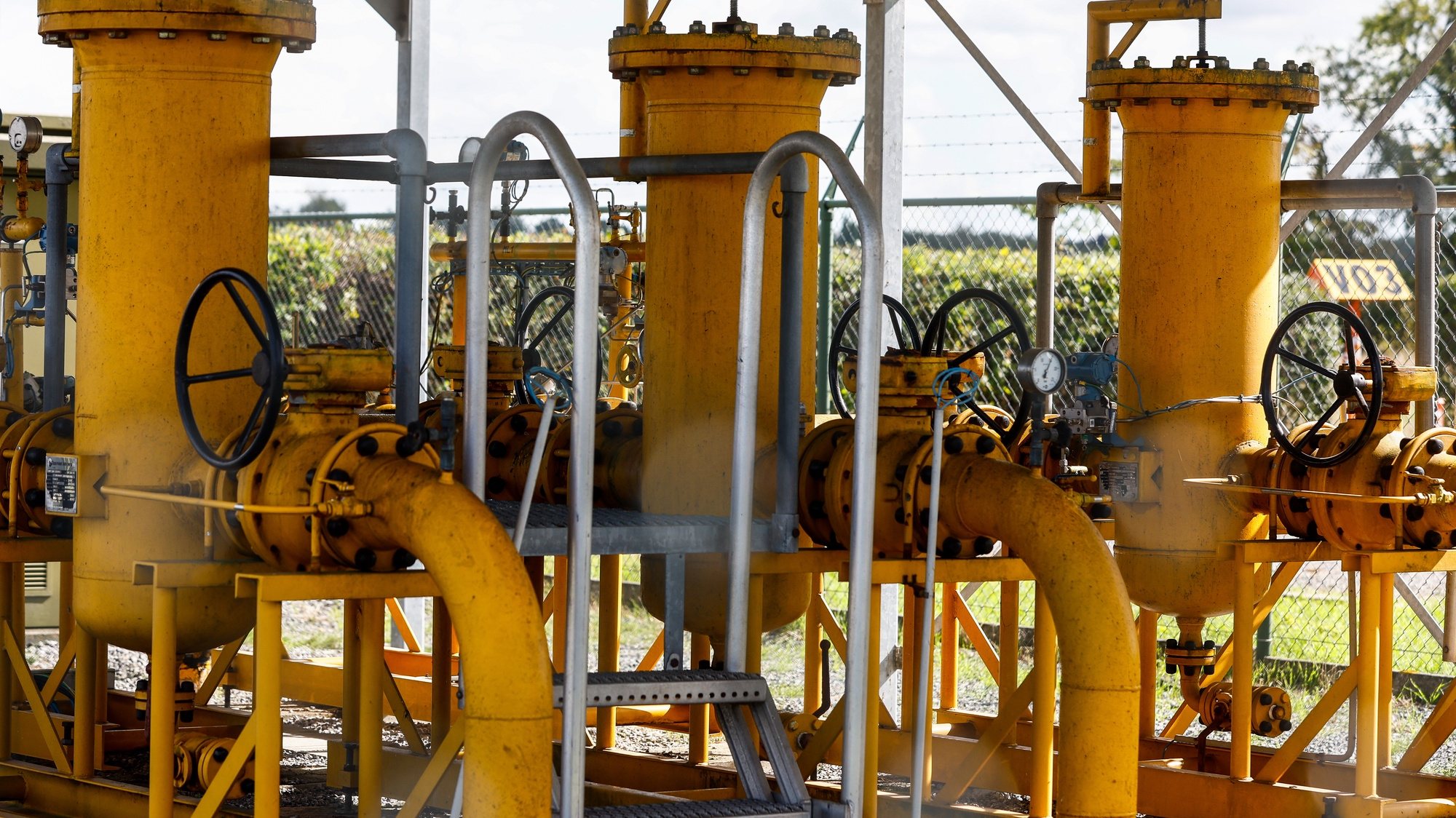The United Arab Emirates and Germany signed an agreement on Sunday during a visit by German Chancellor Olaf Scholz to Abu Dhabi, which provides for the supply of liquefied gas and diesel to Berlin in 2022 and 2023.
According to the UAE’s official news agency Wam, the deal provides for the export of a cargo of liquefied natural gas (LNG) to Germany by the end of 2022, followed by the supply of additional quantities in 2023.
The agreement provides for a direct delivery of diesel in September and an agreement to supply up to 250,000 tons of diesel per month until 2023.
Visiting the Emirates, Olaf Scholz said today that his country was determined to never again rely on a single energy supplier and welcomed the progress of gas and diesel projects.
The German leader has been touring the Gulf countries since Saturday in a bid to forge energy partnerships in hopes of replacing Russian supplies and easing the energy crisis triggered by the war in Ukraine.
In Abu Dhabi, Scholz visited a nature park with United Arab Emirates Climate Change Minister Mariam al-Mehairi.
“We have made progress on a whole series of projects here in terms of diesel and gas production and purchasing,” Scholz told reporters.
“Depending on a (single) supplier and depending (also) on their decisions will no longer happen to us,” he stressed.
“With the investments that we are making in Germany, which will gradually materialize next year, we will in fact have a gas import infrastructure that will mean that we no longer depend directly on a specific supplier at the other end of the pipeline,” added the German chancellor.
On Saturday, Scholz met Saudi Crown Prince Mohammed bin Salmane in Jeddah.
After the stopover in Abu Dhabi, he will travel to gas-rich Qatar for talks with Emir Sheikh Tamim bin Hamad Al Thani.
His trip to Qatar comes a day after the country signed a major $1.5 billion contract with French oil and gas giant TotalEnergies to develop the world’s largest natural gas field, which Scholz called “important “.
“We have to make sure that liquefied gas production in the world is advanced enough so that the high demand can be met without having to resort to the production capacity in Russia used up to now,” he said.
For his part, Al-Mehairi said that the discussions with the German chancellor will cover, in addition to energy security, also “climate action and economic growth (…), three pillars that must go together.”
Al-Mehairi also reiterated the need for a global “just transition” from fossil fuels to clean energy sources.
Abu Dhabi and Riyadh criticize what they see as “unrealistic” transition models, which they say have contributed to the current energy crisis.
Source: Observadora
